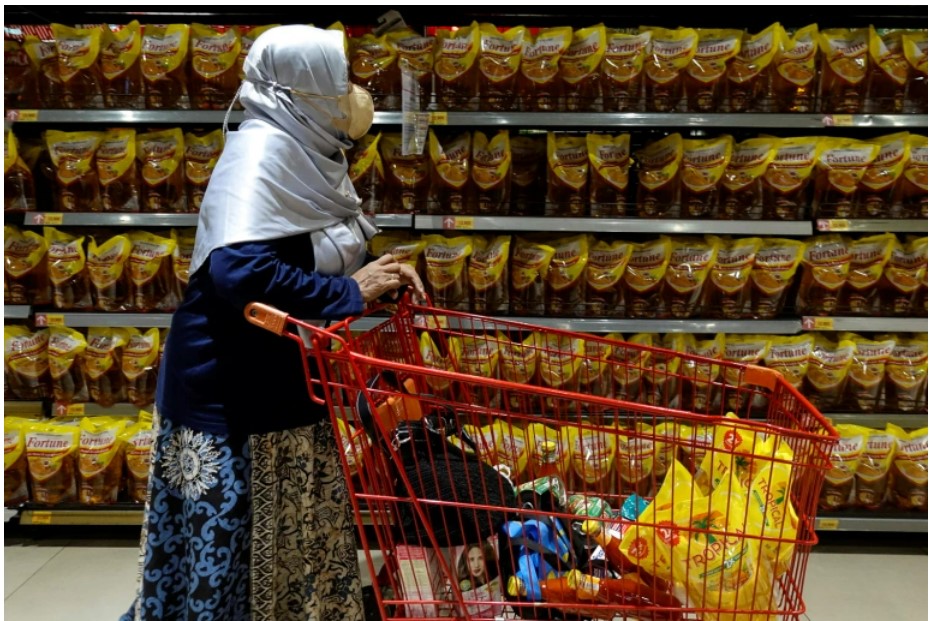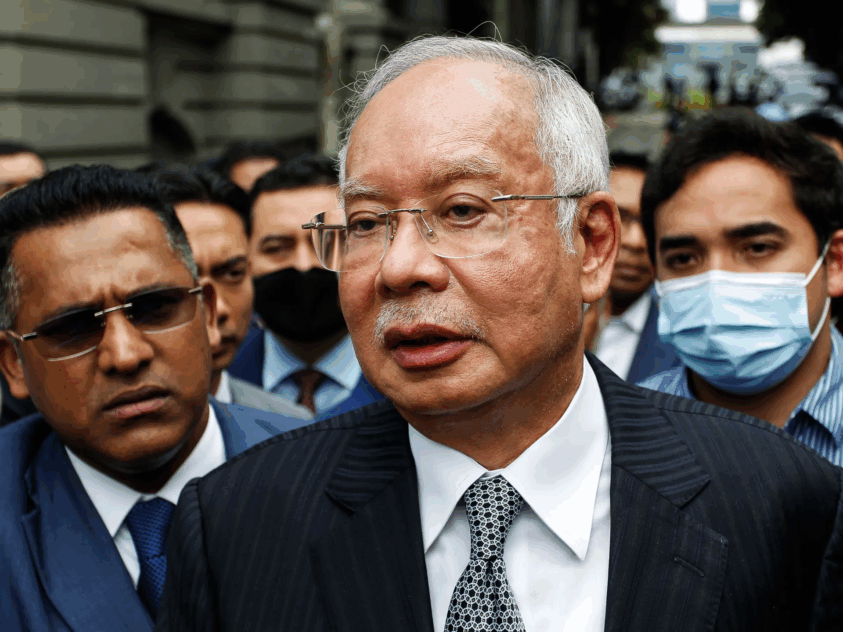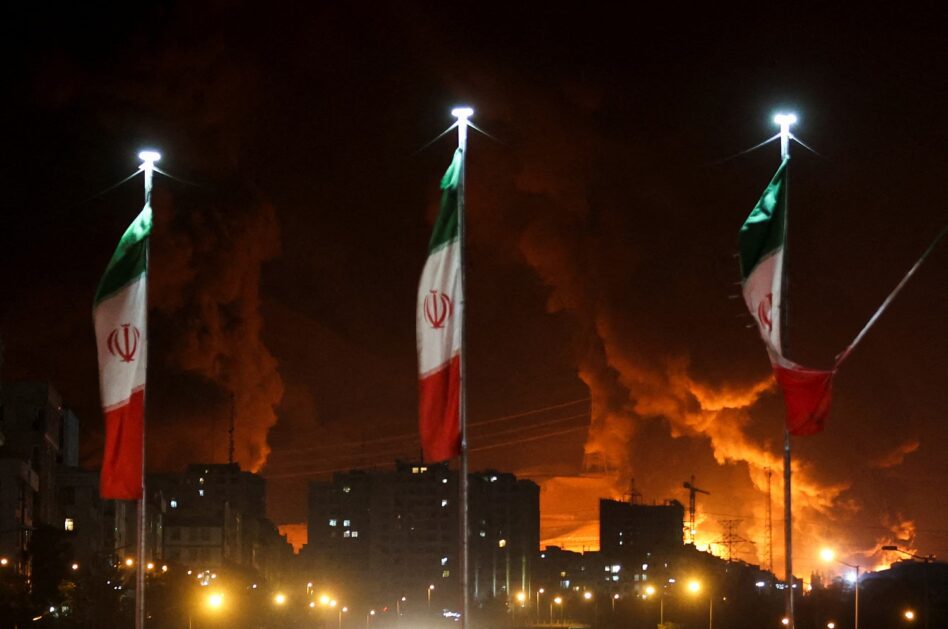AMID the latest round of Indonesia’s policy lip-flop that has caused jitters to global vegetable oil supply market, the wisest or most practical move for Malaysian oil palm growers and investors is probably to reap the most out of the export ban saga while opportunity abounds.
In a quick reversal from an announcement made just a day earlier that its export ban would only apply to RBD (refined, bleached and deodorised) palm oil, Jakarta decided yesterday (April 27) to expand its edible oil export ban to include crude palm oil (CPO) and used cooking oil.
Indonesian President Joko Widodo said the measure is to temporarily safeguard the local cooking oil supply, and that the export ban will be lifted once domestic demand is fulfilled.
Following Indonesia’s complete palm oil export ban, the market is anticipating monthly supplies of around 300,000-325,000 metric tonne (MT) of palm oil to be taken off from global markets – a move that will result in heightening tensions to the already-tightening global vegetable oil markets.
India, the biggest consumer of Indonesian palm oil, for one will have to look to Malaysia to meet its palm oil demand. The country imports around 13 million to 13.5 million MT of edible oils, of which around 8 million to 8.5 million (63%) is palm oil. Almost 45% comes from Indonesia with the remainder from Malaysia.
“With this move, it would seem the Indonesian Government has ascertained that some refiners are not complying with the guidelines and are trying to circumvent the previous ban by exporting out other products like CPO and RBD palm oil instead,” suggested RHB Research analyst Hoe Lee Leng in a regional plantation update.
“With this hard stance, the Government is punishing errant refiners by punishing the whole Indonesian plantation industry. Recall that Indonesia produces 46 million tonnes of palm oil annually, of which 27 million tonnes (58%) are exported.”
RHB Research further expects all players in Indonesia will suffer following the new ruling with pure upstream exporters likely to suffer more.
“We believe there would be a significant shift in the demand-supply mechanics in the country, causing domestic supply of CPO to be abundant, pushing down domestic CPO prices, thus allowing downstream planters to have their pick of CPO supplies at low prices,” reckoned the research house.
“The downstream players in Indonesia would still be able to circumvent this ruling by holding back their refined oil stocks to benefit from the higher prices, if and when the Government lifts the ban.”
Refined oils can be kept for as long as six to eight months with no impact to quality. After packaging, they can be kept for a further 12 to 18 months. “However, doing so could result in incurring more wrath from the Indonesian Government and potentially, more crackdowns,” warned the RHB Research.
Although vegetable oil prices will spike as a result of the extended export ban, RHB Research expects a quick reversal should Indonesia change its. It remained “neutral” on the sector by advocating a trading strategy with a “buy” call on pure planters in Malaysia such as Sarawak Oil Palms Bhd (SOP) and Ta Ann Holdings Bhd.
“Downstream players in Malaysia with no exposure to Indonesia would also benefit given the lack of competition from Indonesia, and this would include SOP, IOI Corp Bhd and Genting Plantations Bhd,” added the research house.
Meanwhile, Maybank IB Research expects Malaysia-based planters to be clear winners for now with pure plays to include SOP, Ta Ann, Boustead Plantations Bhd and Hap Seng Plantations Holdings Bhd.
“Among the large caps, IOI has the least exposure to Indonesia. But bear in mind that this export ban is just temporary,” cautioned analyst Ong Chee Ting.
“When storage tanks are full in Indonesia, FFBs (fresh fruit bunches) will be left to rot in the fields as the mills will not be able to buy FFBs (especially from smallholders) to process, hence creating a different set of social and economic problem for the President.”
Likewise, Maybank IB Research is wary that when the ban is lifted, Indonesian palm oil would flood the global market with the inventory accumulated during the ban and as the industry prepares to make room for the bigger seasonal harvest in 2H 2022.
“When that happens, prices on BMD (Bursa Malaysia Derivatives Bhd) may correct sharply. We are keeping our RM5,000/metric tonne (MT) CPO average selling price (ASP) forecast for 2022E and RM3,400/MT for 2023E.”
Main pic credit: Al Jazeera









